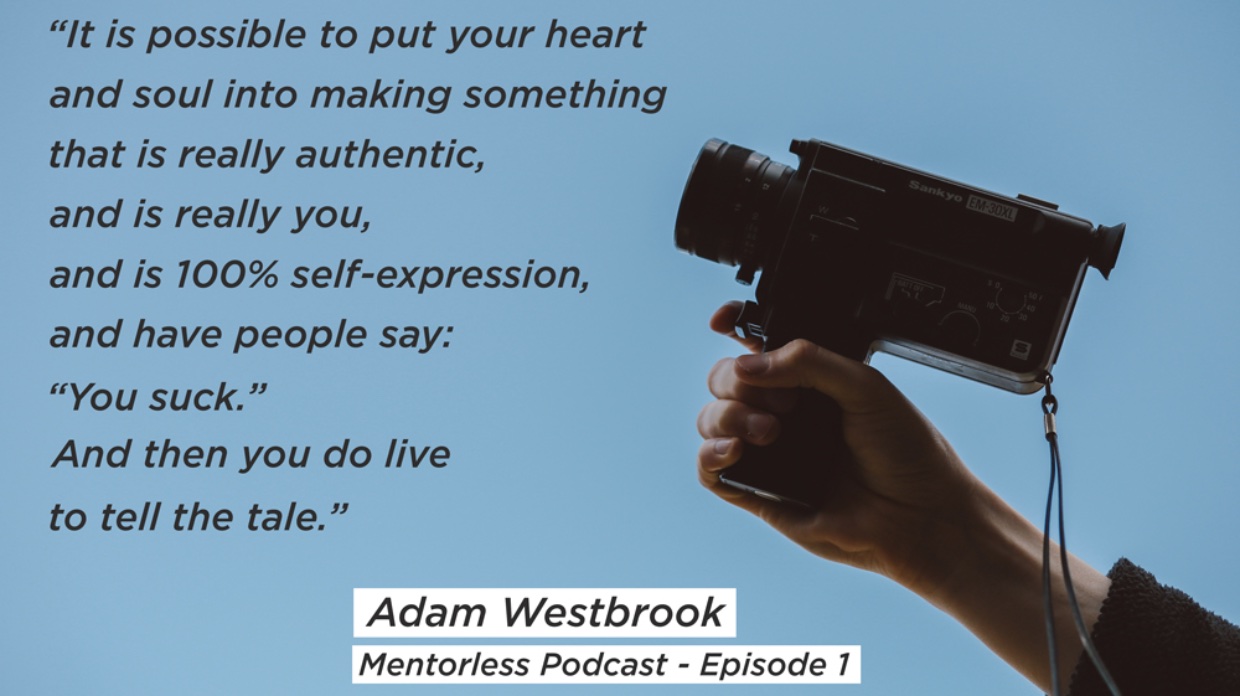 Back to selection
Back to selection
What Does it Really Take to Make a Film (When You’re Not on Studio Payroll)?

For the past six years I’ve been curating content about filmmaking and the creative process at large. I’ve found a lot, and there’s a lot more to uncover, but the one thing that I have always found frustrating was how fragmented all the information remains.
It takes an average of five to seven years to make an indie feature. What happens during that time? How do people make a living, juggle other aspects of their lives, and overcome doubt, blocks, debts during those five to seven years?
We know so little about the current indie film industry landscape that UCLA is kicking off a new research project to gather data and update what we think we know about indie filmmaking. As they say, The Blair Witch Project was almost 20 years ago. Sure indie exceptions will always inspire many to take actions, and that’s great, but about all the other stories, the less prestigious ones that didn’t win Sundance but reflect the reality of many more filmmakers? I don’t know about you but I want to hear about them.
Learning from Others’ Trials and Errors
Filmmaking is an opaque and mysterious process that involves many people, more money that we ever have, and a lot of time.
So why not saving time by hearing exactly how others have done it, discover what worked and didn’t for them, and how we can use this knowledge?
It’s with that in my mind that I’ve decided to conduct in-depth interviews with visual storytellers asking them to deconstruct their path and process from the moment they got the idea until the moment their project was done and released.
How did they work? What was their strategy for distribution? How much did the project cost? How did they make a living on the side?
The conversations are focusing on sharing knowledge and genuine transparency. They all have in common to feature visual storytellers who have stretched their creativity big time to complete their project. But they all took very different paths to do that.
From building a Patreon community to getting a Netflix deal or screening on iMax after 14 years of hard work, their stories can become mirrors to our own journey as visual storytellers that we can use to reflect and grow.
So if you’d like to know how real people find time, space and money to create and what they’ve learned along the way, this podcast might be for you. And if you are a visual storyteller with a completed project that took you by surprise by its scale and its challenges, and that made you grow in unexpected ways and would like to share your experience, tell me more about it here.
Mentorless Podcast is available on iTunes, Stitcher, Soundcloud or your favorite app to listen to your podcasts.
